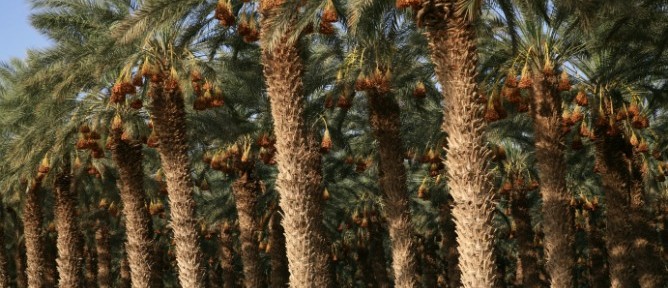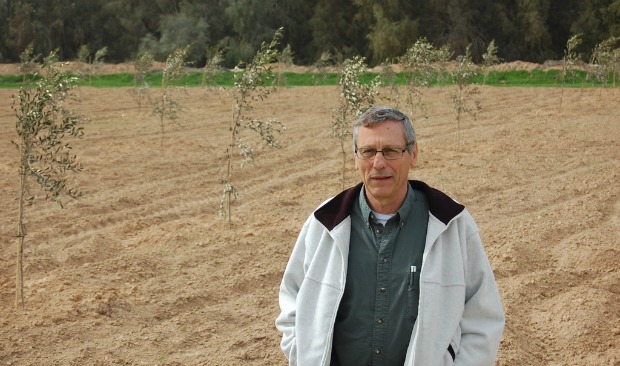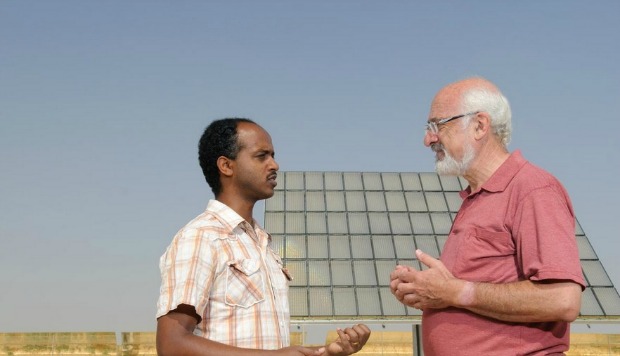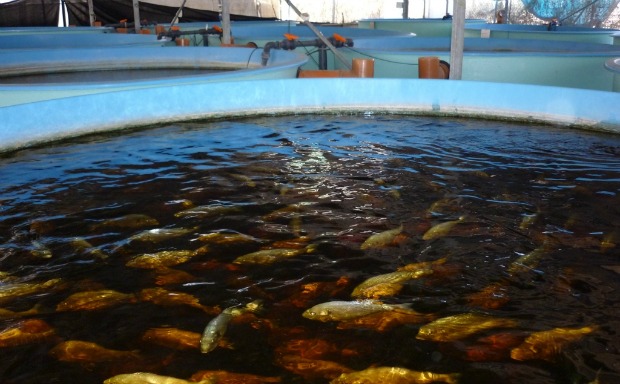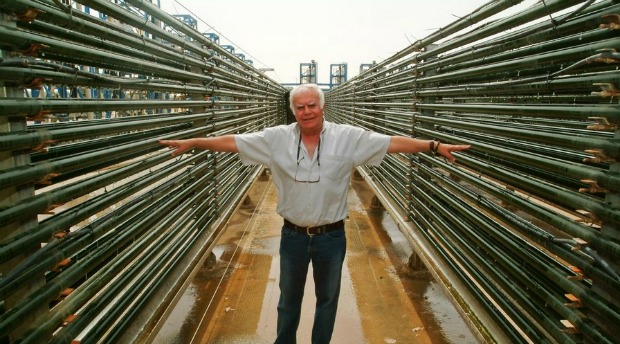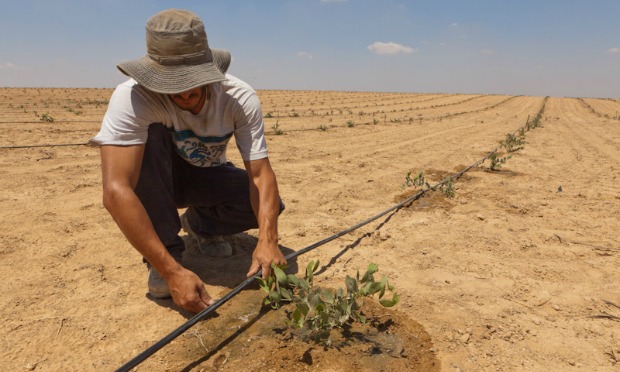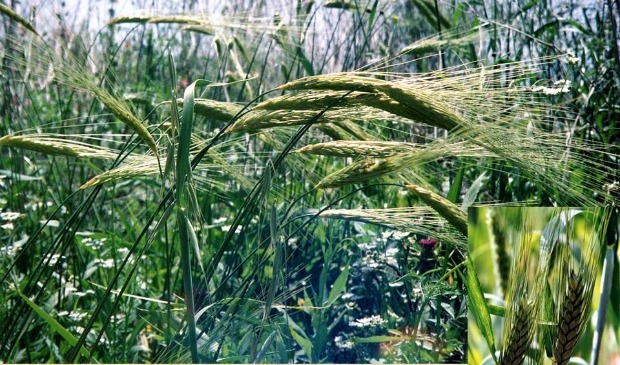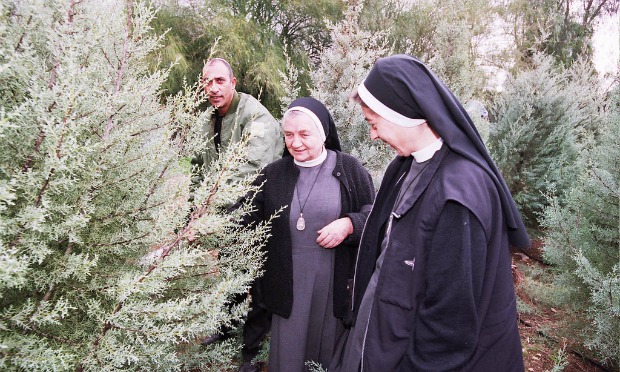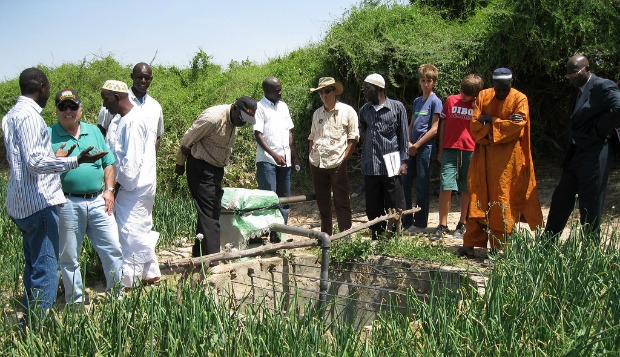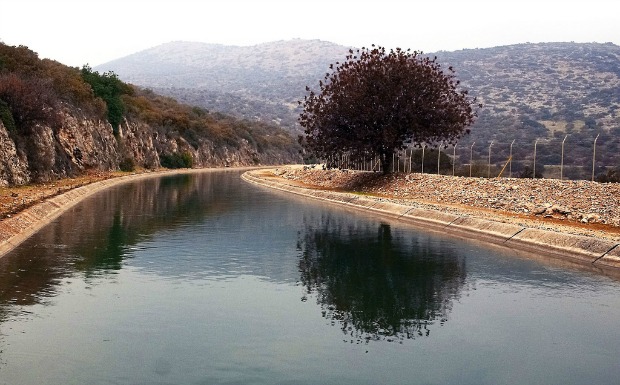Please misunderstand me
Tal Becker January 22, 2014
Dr. Tal Becker is a research fellow at the Shalom Hartman Institute and a member
of the Hartman Institute's iEngage Project.
“Just because I don’t care, doesn’t mean I don’t understand.” – Homer Simpson
Pick a debate within Israeli society, or between Israel and its external critics, and you invariably see the same pattern. Whether on settlements, or Iran, or asylum seekers, or Women of the Wall, people so often seem to be broadcasting on different wavelengths. We may appear to be arguing with each other, but we feel as if we argue across each other. We leave these debates frustrated that we have not been heard, disheartened that we are not understood.
Conventional psychological wisdom tells us of the profound human need to have our feelings and perspectives validated and understood, even if they are not endorsed. Modern psychology places the therapist in the position of “legitimizer” — hearing our voice, affirming our presence. In a world where we can so often feel invisible, the healing power of being understood, of being seen, is considered a critical remedy. A healthy debate, under this approach, is a debate where we genuinely hear the person we disagree with, genuinely engage them; not just wait for them to finish talking so that we can make our point.
But this standard assessment misses something fundamental about the human condition. Alongside the need to be understood is the important function played by being able to claim that we are misunderstood. If we can say that the person we argue against doesn’t “get it,” the problem is not with our position but with their comprehension. We insulate ourselves from scrutiny, blaming the audience rather than the argument.
The capacity to claim that we are misunderstood operates as a kind of fail-safe. Its hidden assumption is that if the listeners understand me, they will agree; if they don’t agree, they must not understand. In so doing, this claim can embody both arrogance and vulnerability simultaneously: it not only assumes the fault is with the unsympathetic audience, but it also fears exposing the argument to the possibility that the audience got your point, but just didn’t agree with it.
This phenomenon was embedded in the idea of hasbara, which implied that all that Israel needed was to explain itself better, so that people would embrace the justice of our cause. The source of the criticism, under this view, was that people had failed to sit down and listen to Israeli representatives speak to them (or at them) for long enough. Exposed to the right arguments, agreement was inevitable.
Israel’s understanding of hasbara has become much more sophisticated since then, and even the term has (rightly) fallen out of favor. But the tendency to blame the listener in our debates has not lost its appeal. One hears the debate about settlements, for example, and the regular refrain remains that the other side just doesn’t understand.
Those who question the wisdom of the settlement enterprise are said to fail to grasp the profound and legitimate connection of the Jewish people to the land, and the dangers of conceding territory under Israeli control. Those who champion the settlements, it is claimed, are oblivious to the costs of this endeavor and to the moral claim of Palestinians to self-determination. Perhaps more attention should be given to a third possible alternative: that those we disagree with have heard our position, and perhaps have some sympathy for it, but have decided that on balance the weight of argument is against us.
There is no doubt much about Israel that its harshest critics fail to appreciate. Some, driven by hatred or deliberate blindness, will likely refuse to listen to anything which undermines their agenda. Similarly, in many of our internal debates, there is usually some measure of truth to the feeling that some across the divide are incapable of grasping the essence of your case. But among those that may potentially be persuaded, the rush to claim that we are misunderstood is too easy, too self-righteous a posture.
More dangerously than that, it is ineffective. Those with whom we are engaged in honest debate will rarely be moved by the mere claim that they have failed to understand us. They are more likely to be influenced by genuinely demonstrating that we have sought to understand them. To effectively and respectfully make our case, we often need to show that we are capable of entering the mindset and worldview of our interlocutors, seeing what they see through the prism of their values and their experience. We need to disarm them of the capacity to claim that they are misunderstood, and hold back on the impulse to make that claim ourselves.
We do no disservice to our positions by recognizing the doubts and costs that may be associated with them. Few of the issues surrounding Israel allow for undiluted conviction or the easy explanation that those on the other side of the debate suffer merely from ignorance or shortsightedness. It is usually more complex than that. Acknowledging such complexity is a measure of integrity, not of weakness. And, at least amongst reasonable people, we are most likely to get others to listen, if not agree, if we demonstrate the capacity to listen ourselves.

